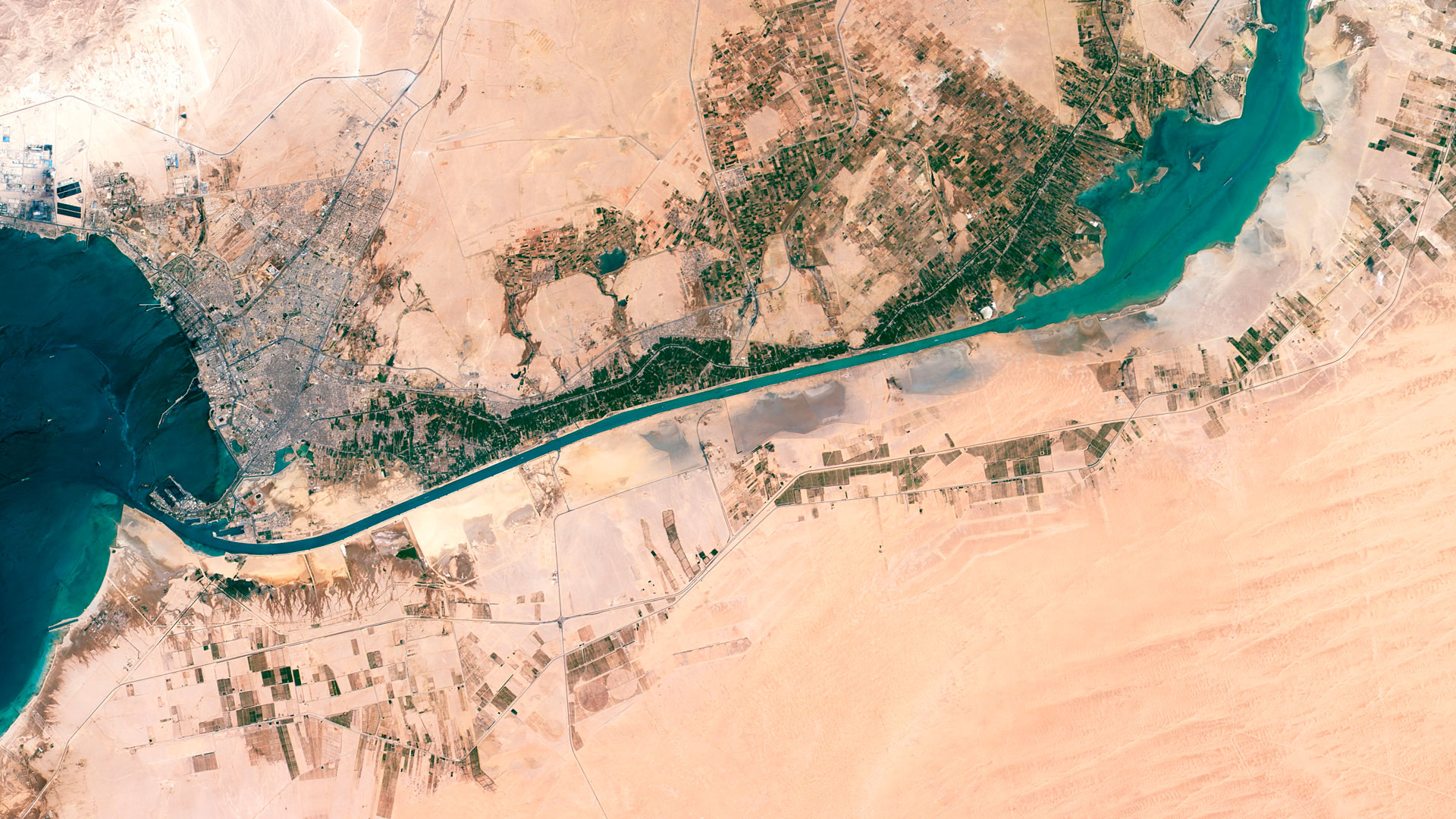Why global trade is shaking due to the Suez and Panama blockades. Report Ft

Suez and Panama: Geopolitical risk and climate change highlight the need for resilience of key supply routes. The in-depth analysis of the Financial Times
Supply chain swings are back. Just as the effects of pandemic-era backlogs and port closures have worn off, two continental sea passages, the Suez and Panama canals, suffer from obstructions to commercial traffic. Unlike past holidays, there is less concern that delays could ruin Christmas. Most supplies of toys and food were already stockpiled before the latest lockdowns. The problems have, however, introduced a new risk to the global economy in 2024, writes the Financial Times .
About 12% of world trade passes through the Red Sea , which is bordered by the Suez Canal to the north and the Strait of Bab-el-Mandeb – known as the Gate of Tears – to the south. Since mid-November, more than 10 transiting ships have been attacked by Yemen's Iran-aligned Houthi militants. Many shipping companies have responded by postponing voyages through the region, a crucial passage between Asia and Europe. Oil company BP announced on Monday that it had suspended shipments through the strait, citing the "deteriorating security situation."
Because the region is a major transportation conduit for oil, liquefied natural gas and consumer goods, the resulting shortages and bottlenecks could push up inflation. Transportation costs are also increasing. Insurance premiums for some ships passing through the region are rising. Maersk also announced it would divert ships around the Cape of Good Hope. If more followed, global trade costs would rise. The route around Africa adds 3,200 miles and nine days of extra travel to a typical trip between Asia and Europe, notes Clarksons, a shipping provider. So far, oil and gas prices have not increased significantly.
Suez's problems also risk combining with shocks elsewhere. On the other side of the world, the Panama Canal is suffering from drought-related low water levels. According to Capital Economics, the canal between the Pacific Ocean and the Atlantic Ocean is operating at only 55% of its normal capacity. Transits have been limited for the next few months and prices have increased. The canal normally carries 5% of maritime trade, particularly U.S. fuels and grains bound for Asia.
The knock-on implications for global inflation depend on the duration of the two lockdowns and the possible addition of other shocks. The New York Fed's gauge of supply chain pressures rose, albeit from a low point. The aggregate impact is also unclear. For example, gas prices in Europe have fallen recently on the prospect that American LNG bound for Asia via the Panama Canal could be rerouted to Europe.
To contain the economic fallout, it is essential to quickly bring naval protection to the Red Sea. An international coalition led by the United States to ensure the safety of freight transportation is gaining momentum. Meanwhile, water levels in the Panama Canal have improved slightly. But neither development should lead businesses or politicians to believe that the problems are solved.
Some companies have already diversified their supply routes following the pandemic. This shock highlights the need for options. But the Suez and Panama canal routes have few viable alternatives. They accounted for more than half of expected container shipments by volume between Asia and North America in the third quarter, according to estimates from trade analysis group MDS Transmodal. This means that authorities must invest in the resilience of key trade chokepoints, both in terms of security and climate adaptability, by improving port efficiency and alternative transport routes.
The pandemic and the war in Ukraine may have been isolated events. But the shocks to the Panama and Suez canals remind us that with climate change and growing geopolitical risk, supply chain instability is here to stay.
(Excerpt from the foreign press review by Epr Comunicazione)
This is a machine translation from Italian language of a post published on Start Magazine at the URL https://www.startmag.it/economia/perche-il-commercio-globale-trema-per-i-blocchi-di-suez-e-panama-report-ft/ on Mon, 25 Dec 2023 04:03:03 +0000.
